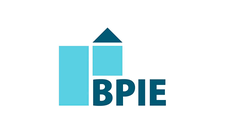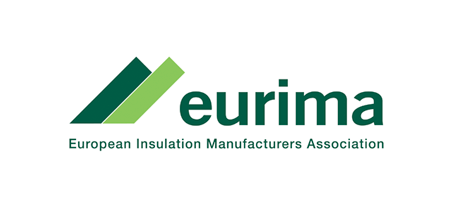Search eceee proceedings
Are current policies promoting a change in behaviour, conservation and sufficiency? An analysis of existing policies and recommendations for new and effective policies
Panel: 1. Foundations of future energy policy
This is a peer-reviewed paper.
Author:
Paolo Bertoldi, European Commission, Joint Research Centre (JRC) Ispra, Italy
Abstract
The EU 2020 and the future 2030 energy efficiency targets are expressed as a maximum consumption level. Given the nature and magnitude of these targets, a change of energy consumer behaviour is required in order to deliver the requested energy reduction. Traditionally many energy efficiency policies have targeted and promoted efficiency technologies (e.g. appliances standards or prescriptive insulation levels or building energy performance standards), which do not always guarantee energy savings (e.g. larger appliances, larger new buildings). To the contrary some policies may have even incentivised larger energy consumption (e.g. some appliances standards which are easily met by larger appliances).
Policies are needed to influence consumer behaviour and lifestyle and the concept of sufficiency has to be introduced in future energy efficiency policy design. Policies targeting sufficiency should discourage increased energy use due to a variety of factors such as increased floor space, increased comfort levels beyond what reasonable, increased number and larger appliances/equipment/cars and increased usage of energy consuming equipment.
Policy instruments that may target sufficiency includes: personal carbon trading (i.e. carbon markets with equitable personal allocations); property/car taxation (e.g. related to a building’s CO2 emissions); energy taxation; progressive appliance and cars standards, and building codes, including absolute consumption limits (kWh/person/year) rather than efficiency requirements (kWh/m2/year).
The present paper reviews the concept of energy saving compared to energy efficiency. It identifies existing energy efficiency policies that may induce higher energy consumption, and finally discussed and analyses "new" energy efficiency policies, which may encourage sufficiency and a behavioural change. The paper gives recommendations on how to promote behaviour change through innovative policies and how to prevent increased consumption.
Downloads
Download this paper as pdf: 1-362-17_Bertoldi.pdf
Download this presentation as pdf: 1-362-17_Bertoldi_presentation.pdf
Panels of
1. Foundations of future energy policy
2. Policy: governance, design, implementation and evaluation challenges
4. Mobility, transport, and smart and sustainable cities
5. Buildings and construction technologies and systems
6. Buildings policies, directives and programmes
7. Appliances, products, lighting and ICT
8. Monitoring and evaluation: building confidence and enhancing practices























